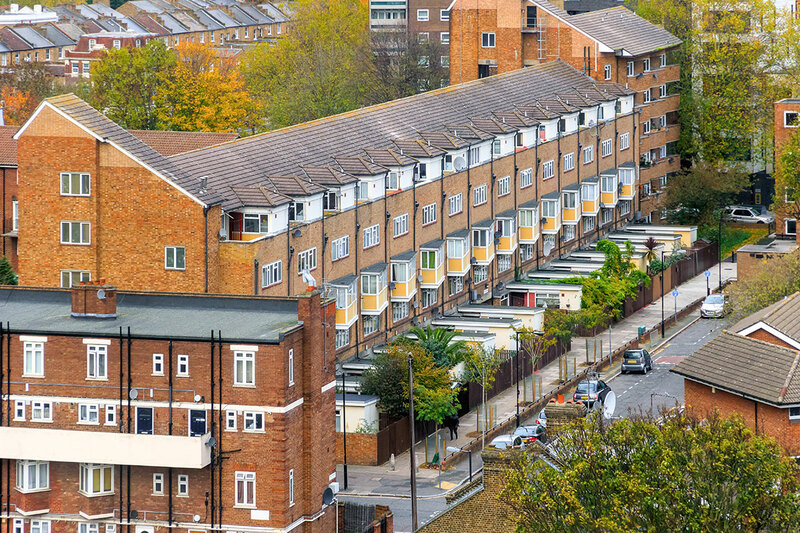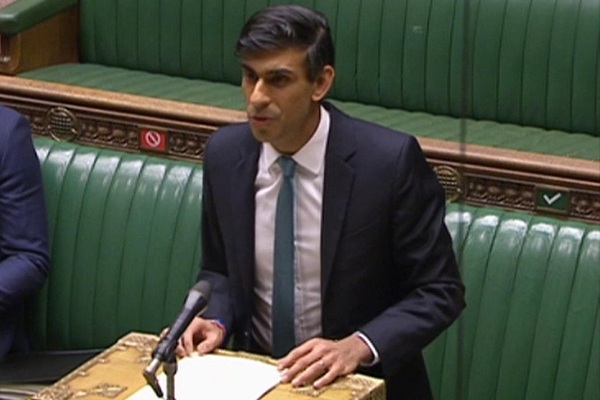You are viewing 1 of your 1 free articles
Warning that social housing residents set to be hit hardest by end of COVID support
The economic divide between social housing tenants and the rest of the population is likely to increase when the government removes its economic support package, a report has warned.
Social housing tenants and those in the North of England are likely to be hit hardest by the end of the government’s furlough scheme, according to a report by thinktank Centre for Cities and Clarion Housing Group.
The report said that people in affluent areas, predominantly in the South, have been able to save far more during the pandemic than those in poorer regions. The research found that for every £1 that people in less affluent areas saved, people in richer areas saved £12.
To prevent increasing this economic divide, Centre for Cities and Clarion urged the government to create a specialist debt relief scheme for people who have incurred coronavirus-related debt.
The organisations also called on Whitehall to maintain the £20 Universal Credit uplift that is due to end in September, at the same time as the furlough scheme.
Clarion and Centre for Cities said the furlough scheme should be kept in place for sectors that still cannot operate at full capacity, such as travel and aviation.
David Orr, chair of Clarion Housing Association, said: “This research confirms that existing inequalities have deepened as a result of the pandemic. Many social housing residents were already in a precarious financial situation before the pandemic and are likely to have been disproportionately affected.
“To ensure a fair and equitable recovery, our residents need extra support to get back on their feet and a permanent £20 uplift in Universal Credit would make a significant difference to those in greatest need.”
Andrew Carter, chief executive of Centre for Cities, said the pandemic has left the country “more divided than ever”.
He added: “While people in mostly prosperous Southern cities and towns have accumulated £150bn of savings, many less affluent people in the North and Midlands will face an avalanche of debt as government support ends later this year.”
Mr Carter warned that by failing to maintain financial support packages, the government would see a major setback to its levelling-up agenda.
Sign up for our daily newsletter
Already have an account? Click here to manage your newsletters













